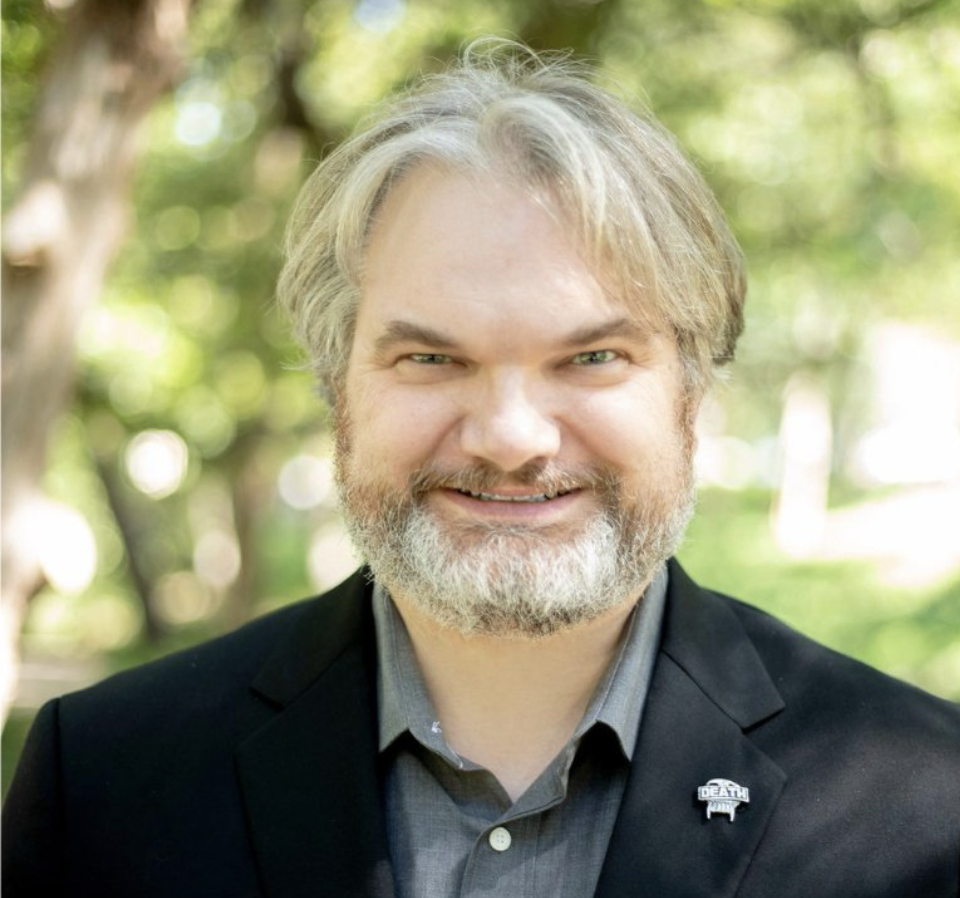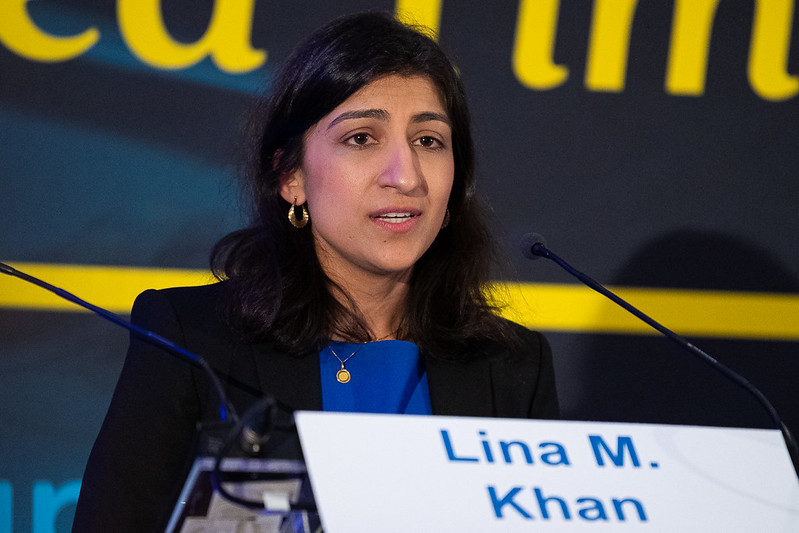It was all smiles for the White House and 13 Asian and Pacific countries when they reached a partial agreement on a massive trade deal on June 6.
Behind the scenes, however, there still needs to be more clarity over how the Indo-Pacific Economic Framework for Prosperity (IPEF) should address digital trade rules. Digital trade rules cover various issues involving e-commerce and program source code.
When the White House unveiled the IPEF framework in 2022, it planned to include “standards on cross-border data flows and data localization.”
More than a year later, U.S. Trade Representative (USTR) Katherine Tai pulled that section of the agreement because of issues with the trade framework. She also removed the United States from World Trade Organization e-commerce negotiations.
The move angered U.S. trade groups, who promptly pointed the finger at Tai ally Federal Trade Commission Chair Lina Khan.
They now say Khan was less than candid about the matter before a congressional committee.
“I think it’s pretty clear she misled the committee,” Chamber of Progress CEO Adam Kovacevich said.
Khan assured the House Appropriations Committee last month that the FTC “was not involved” in Tai’s move.
Under questioning by Rep. Ashley Hinson, R-Iowa, on whether there was coordination between the FTC, USTR and the Justice Department, Khan testified that the trade representative asked “for our views” on competition, privacy and consumer protection.
However, emails obtained by the U.S. Chamber of Commerce appear to paint a different picture.
A top FTC official sent an email with the subject line “digital trade lang” to Tai’s senior adviser in March 2023. The heavily redacted message mentions digital competition and a continuing dialogue between the trade representative and the FTC.
One week later, Khan and Jonathan Kanter, the Justice Department’s antitrust chief, sent Tai a letter on the IPEF framework. The pair told Tai they have five “sets of concerns” about the agreement and want to “review and discuss” it before negotiations resume.
Emails show that FTC, USTR and the Justice Department staffs regularly held conference calls on digital trade rules in the IPEF. FTC staffers also submitted draft proposals to the IPEF’s Competition Policy Chapter.
A representative for Hinson said the documents prove that the FTC and USTR worked together despite Khan’s denial. “Representative Hinson will continue working to protect longstanding, bipartisan digital trade rules and holding the administration accountable for decisions that undermine U.S. businesses and consumers.”
Business and tech groups expressed anger at the USTR-FTC relationship.
“USTR shouldn’t be taking orders from anyone (other than the president/White House) on digital trade negotiations and rules,” said Clark Packard at the libertarian Cato Institute. He said that USTR and FTC bureaucrats were conspiring to push an agenda.
Other groups said that the FTC risked harming American businesses.
“Urging USTR to abandon long-held bipartisan digital trade principles is just one more example of how the FTC is stifling American innovation, slowing economic growth, hurting consumers and jeopardizing U.S. leadership in critical technologies such as AI,” said Doug Kelly, CEO of American Edge Project.
An FTC spokesperson brushed off any criticism.
“Typical sophistry from Big Tech lobbyists who know all too well that the FTC doesn’t have jurisdiction over international trade policy,” said FTC Public Affairs Director Douglas Farrar.
The FTC’s comment rankled U.S. Chamber of Commerce officials.
“Redactions and misdirection will not help the FTC explain its trade policy letter to USTR,” said Sean Heather, senior vice president for international regulatory affairs and antitrust.
Kovacevich said that Khan’s testimony contradicted the letter that she and Kanter sent to Tai asking that the digital trade rules be withdrawn. Khan could face legal consequences if the government decides to launch an investigation.
According to Section 1621 of the U.S. Code, anyone who “willfully and contrary to such oaths states or subscribes any material matter which he does not believe to be true” committed perjury and could get a fine or prison.
It’s a crime that snares few people.
Michael Cohen, Donald Trump’s former personal attorney and fixer, admitted in 2018 to lying to Congress about a proposed Russian business deal. He received two months in prison.


